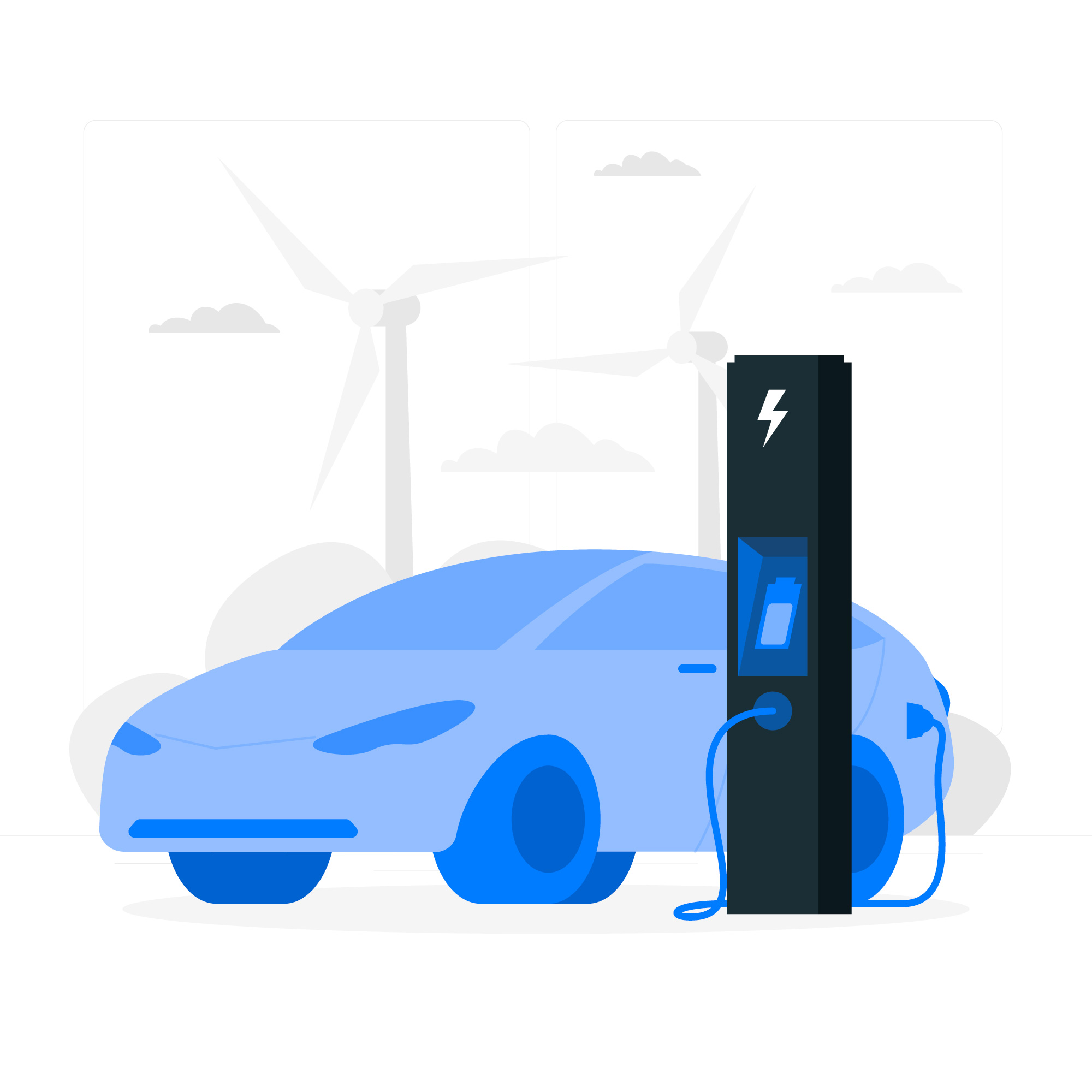Japan and the European Union can help electric vehicle makers and their suppliers navigate new regulations through technical cooperation, the EU’s environment policy commissioner said.
“We could explore how to cooperate at the technical level to learn from each other and make it easier for different regulatory bodies to agree on common rules and standards,” Virginijus Sinkevicius said in a written interview ahead of Saturday’s meeting of environment and energy ministers from the Group of Seven advanced economies in Sapporo, Japan.
“This will lower the administrative burden on EU and Japanese battery and car manufacturers,” Sinkevicius added.
The call for cooperation comes as the EU pushes ahead with new rules to ensure batteries do not contribute to climate change.
The European Commission, the EU’s executive branch, has published draft regulations requiring carbon footprint disclosures for EV batteries starting in 2024.
The proposed requirement covers the carbon dioxide emissions over the full life cycle of a battery, from production to disposal. A maximum carbon footprint would be set later.
These rules, which would also apply to non-EU manufacturers, would add a regulatory hurdle for the automotive supply chain. Batteries play an indispensable role in the EV industry.
“Globally, battery demand is likely to outstrip supply in the foreseeable future,” Sinkevicius said. “This means that our automotive sectors will absorb every battery produced.”
Asked about the EU’s hopes for Japanese leadership on environmental policy as this year’s G-7 chair, Sinkevicius said the Sapporo meeting is “an opportunity to explicitly and unambiguously call for an end to plastic pollution and advance on the negotiations on a global plastics agreement.”
“The EU also welcomes business-oriented initiatives to achieve a circular economy,” he said.
Pursuing environmental action on a global level will require the involvement of countries beyond the G-7, but Sinkevicius does not favor a one-size-fits-all approach to developing countries.
“The so-called Global South is a highly heterogonous group of countries, and it would be wrong to reduce them to a common set of positions and challenges,” he said, noting how negotiations last year on the Kunming-Montreal Global Biodiversity Framework in Montreal last December “showed how different the concerns and approaches of countries and regions such as India, China, Latin America and Africa can be.”
“That’s why the EU favors a case-by-case approach with our partner countries,” he said.
“The ecological crisis has brought global inequalities to the surface, and we now recognize there can be no green transition without climate and environmental justice,” Sinkevicius said.
This article first appeared on Nikkei Asia. It has been republished here as part of 36Kr’s ongoing partnership with Nikkei.

